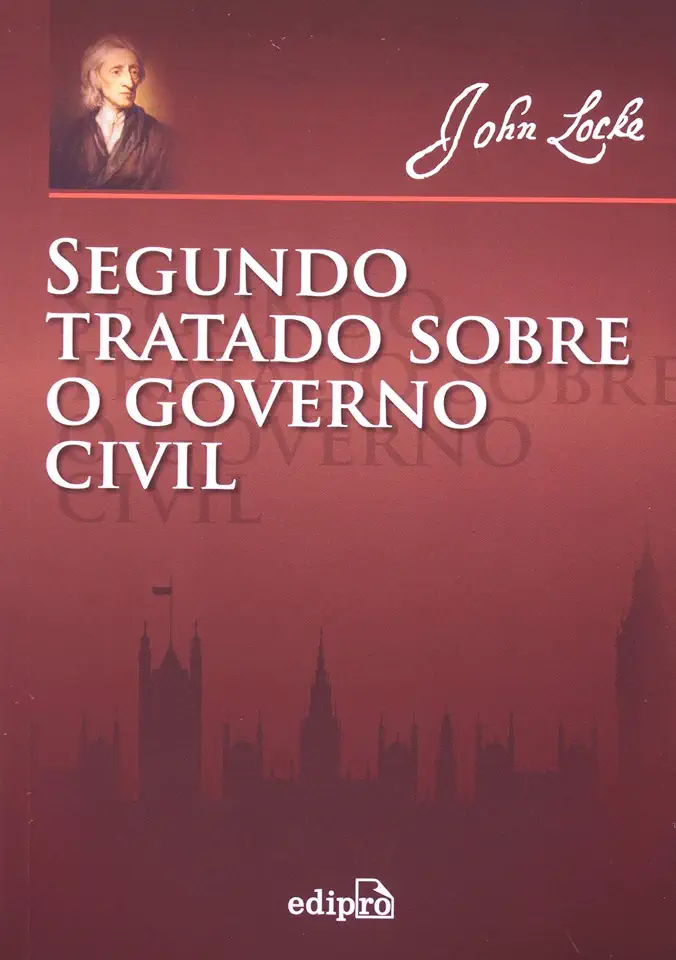
Two Treatises of Government - John Locke
Two Treatises of Government: A Landmark Work in Political Philosophy
John Locke's Two Treatises of Government is a seminal work in political philosophy that has profoundly influenced Western thought and the development of modern democratic institutions. Written in the late 17th century, Locke's treatises provide a comprehensive and compelling defense of individual liberty, limited government, and the social contract theory.
Natural Rights and the State of Nature
Locke begins his first treatise by arguing that all human beings are born with certain natural rights, including the rights to life, liberty, and property. These rights are inherent and inalienable, meaning that they cannot be rightfully taken away by any government or other authority.
In the state of nature, where there is no government to enforce these rights, individuals are free to do as they please. However, this freedom can also lead to conflict and violence, as people may compete for scarce resources or seek to dominate others.
The Social Contract
To escape the inconveniences of the state of nature, Locke argues that individuals enter into a social contract with one another. This contract involves the creation of a government that is responsible for protecting the natural rights of its citizens. In return, citizens agree to give up some of their freedom in order to live in a peaceful and orderly society.
Locke's social contract theory is based on the idea that legitimate government derives its power from the consent of the governed. This principle has become a cornerstone of modern democratic thought and has been incorporated into the constitutions of many countries around the world.
Limited Government and the Separation of Powers
Locke argues that the power of government must be limited in order to prevent it from becoming tyrannical. He proposes a system of checks and balances, in which different branches of government have the ability to limit each other's power. This separation of powers is essential to protecting individual liberty and preventing the concentration of power in the hands of a single person or group.
The Right to Revolution
Locke also argues that individuals have the right to rebel against a government that fails to protect their natural rights. This right to revolution is a last resort, but it is justified when a government becomes oppressive and violates the social contract.
Conclusion
Two Treatises of Government is a powerful and influential work that has shaped the course of political thought and the development of democratic institutions. Locke's arguments for individual liberty, limited government, and the social contract theory have had a profound impact on Western civilization and continue to resonate with readers today.
If you are interested in political philosophy, history, or the foundations of modern democracy, then Two Treatises of Government is a must-read. This classic work will challenge your thinking and provide you with a deeper understanding of the principles that underpin our political systems.
Enjoyed the summary? Discover all the details and take your reading to the next level — [click here to view the book on Amazon!]